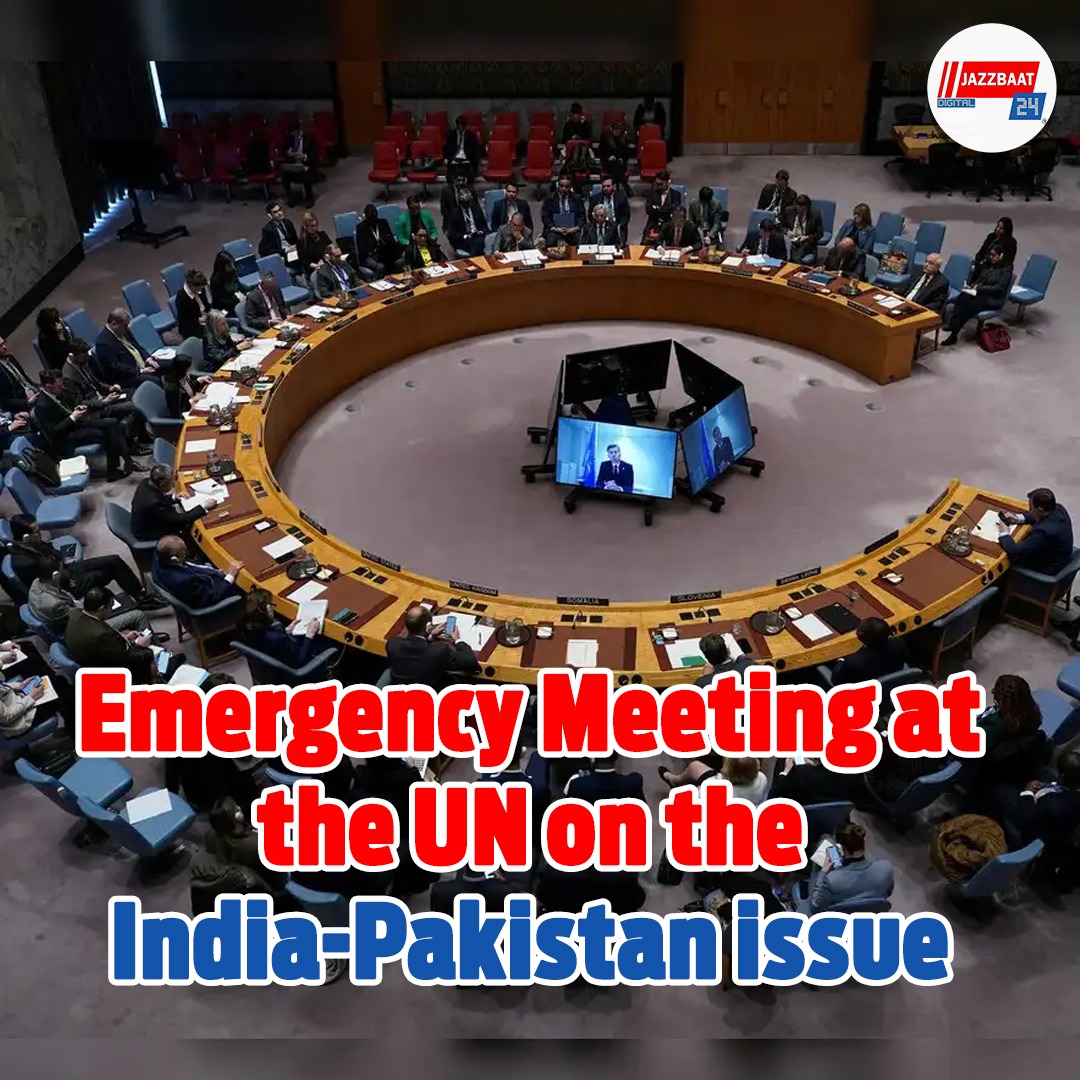
In the wake of the rising tensions between India and Pakistan, a closed-door meeting has been called at the UN Security Council on Monday (May 5, 2025). Pakistan formally requested the meeting, following which Greece, the current president of the Security Council for the month, has set the schedule for the meeting.Incidentally, Pakistan is currently a non-permanent member of the 15-member Security Council, and Greece holds the presidency for the month of May. In addition to the five permanent members of the Security Council—China, France, Russia, the United Kingdom and the United States—10 non-permanent members will participate in the discussions.
Pakistan's permanent representative to the UN, Asim Iftikhar Ahmed, said, "The situation that has arisen in the wake of the Pahalgaon attack is a threat not only to South Asia but also to international peace and security. It is within the right and responsibility of the Security Council to discuss this issue."
On the other hand, India is diplomatically active on this issue. External Affairs Minister S. Jaishankar has already held discussions with representatives of all Security Council member countries except China and Pakistan. He stressed, “Those who planned, facilitated and carried out this attack must be brought to justice.” In his conversation with the Greek Foreign Minister, Greece reiterated its strategic partnership with India and its stance against cross-border terrorism.
Evangelos Sekeris, Permanent Representative of Greece to the UN and President of the Security Council, said, “This is a very important situation. We unequivocally condemn terrorism, wherever and however it may be perpetrated. The loss of innocent lives in Pahalgaon was a heinous terrorist attack. We express our deepest condolences to India, Nepal and the families of the deceased.”
Indian Defence Minister Rajnath Singh, in even stronger terms, said, “It is my duty to give a befitting reply to those who dare to attack our country.”
In this situation, the Indian Air Force (IAF) has increased its activities in the border areas, and Rafale fighter jets have been kept ready at every important base. Regular combat air patrols and operational readiness platforms have been strengthened. Notably, India did not have Rafale in its possession when the Balakot airstrikes were carried out in 2019; but this time, this powerful 4.5 generation fighter jet is ready.
However, along with this military activity, the diplomatic efforts between India and Pakistan to defuse tensions are attracting international attention. Iran has also already offered to mediate and its foreign minister is visiting India and Pakistan this week.
At the moment, the UN Security Council meeting is not just a battle of words, but can play an important role in deescalating tensions between the two nuclear-armed South Asian countries and determining future strategies. Now, let's see what message the international community sends through these discussions and how much effective action is taken.